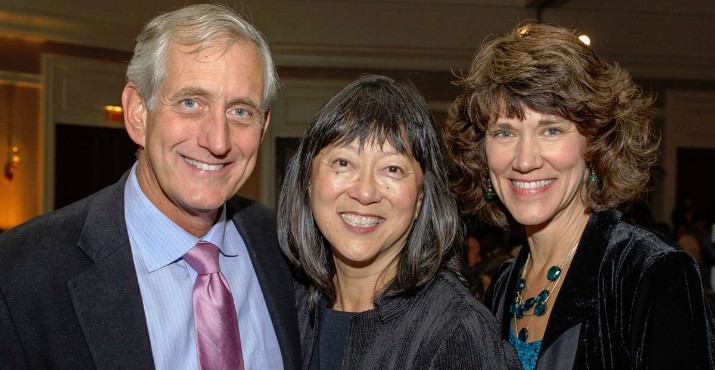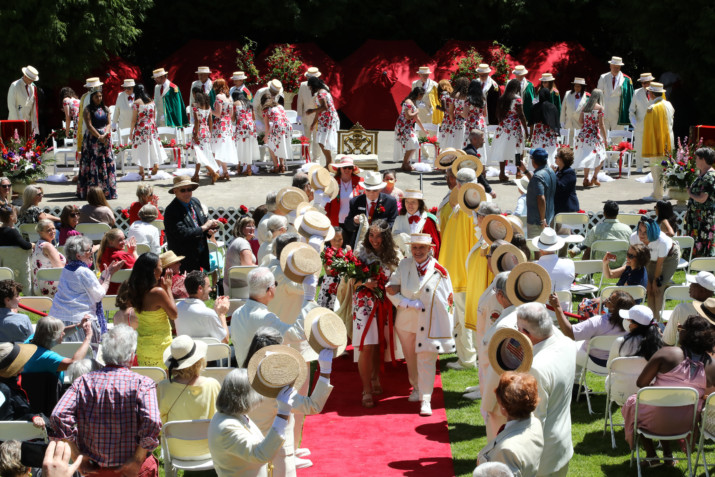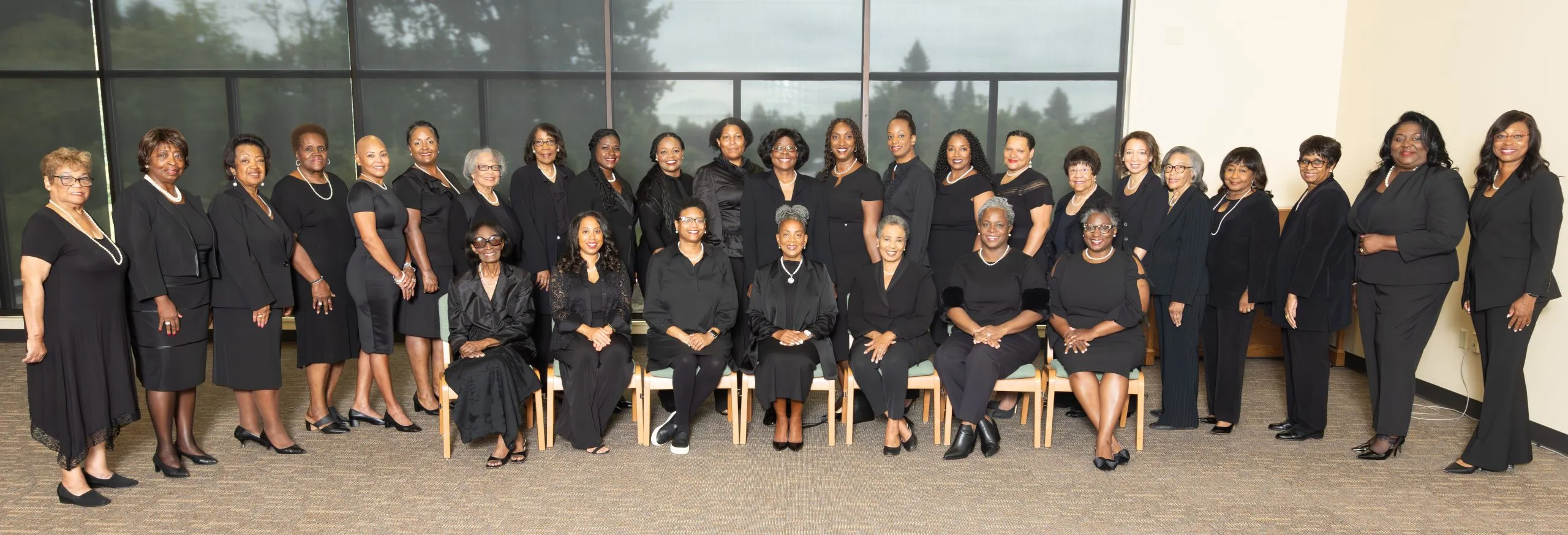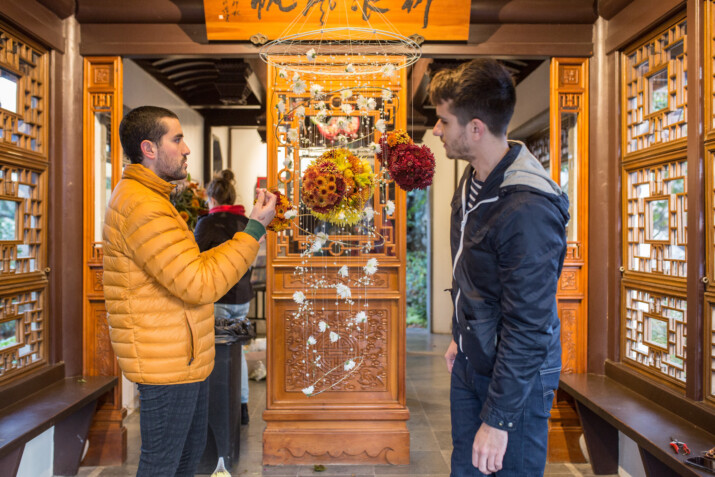
5th annual Gathering of Good Benefits Metropolitan Family Service
Portland, September 27th, 2013. The 5th annual A Gathering of Good event, the signature fundraiser for Metropolitan Family Service, drew nearly 300 guests to the Portland Hilton Pavilion Ballroom including Portland Mayor, Charlie Hales; Cheryl Myers, Director of Economic & Business Equity in the Office of Governor John Kitzhaber and Judy Strand, CEO of Metropolitan Family Service. The event benefit raised more than $260,000 in support of programs for area children, families and older adults. A highlight of the evening was the presentation of the Provocateur Award to Cheryl Myers, Director of Economic & Business Equity in the Office of Governor John Kitzhaber. (photo credit, Andie Petkus Photography)
Cheryl’s leadership as Chair of the North Clackamas After School Task Force helped MFS launch 6 community school sites, a parent engagement and education program, a kindergarten readiness program and an older adult mentoring program. Collectively, these programs touch the lives of more than 5,000 individuals each year in the North Clackamas School District. Cheryl’s extraordinary work aligns with the mission of MFS: To help people move past the limitations of poverty, inequity and social isolation.

Dave Johnson, Johnson Family Foundation; Eva Kripalani, Chair of the Metropolitan Family Service Board of Directors
A Gathering of Good is the culmination of a year long discussion series organized by MFS. The agog discussion series is designed to promote face-to-face conversation, civic engagement and social change. Discussions are privately hosted and revolve around a theme focusing on a significant community issue that affects everyone.
From Metropolitan Family Service:
Through social innovation and a focus on prevention, Metropolitan Family Service delivers proven programs to help people succeed at home, in school and in the community.
Metropolitan Family Service started in 1950. It was the first family service agency in the area not affiliated with a religious group. The agency provided counseling to families. As needs in the community changed, our agency responded with new programs and services. Today we provide resources and offer volunteer opportunities in a network of programs integrated into community sites.
Our staff of 250 — including part time instructors — shares our commitment to professionalism and excellence with nearly 2,000 skilled and caring volunteers who contribute 70,000 hours in the Portland/SW Washington area. Metropolitan Family Service makes connections that strengthen the lives of children and families each year. We provide services at more than 42 sites, including nearly 36 schools.
- Strengthen School Communities
- Link Generations
- Promote Health Education
- Build Family Support
- Create Volunteer Connections
- Support Independence
MFS staff and skilled volunteers provide services to strengthen the community through proven programs.
- Creating opportunities for children to succeed in their families, in school, and in the community by providing result-oriented programs in a safe environment
- Strengthening individuals and families by creating access to community resources, developing support networks, and offering proven learning opportunities that work
- Supporting older adults to help them maintain their independence and connections to the community through friendly visiting services and living assistance, and creating opportunities for them to volunteer in the community
- We use creative and proactive problem solving to build and sustain dynamic community-based programs and quality services.
- We believe in the potential of families and individuals at all life stages and focus on prevention, wellness and independence.
- We build strong relationships by collaborating with our funders, partners and highly trained volunteers, always striving for an extensive commitment to diversity.
Metropolitan Family Service is dedicated to building stronger communities by providing services, connecting people with resources, and offering volunteer opportunities throughout the Portland/SW Washington area. MFS invests in individuals and families that struggle with the many barriers associated with cultural and economic disparities including – inadequate education, health issues, isolation, unemployment, and poverty. To learn more about our individual programs, visit Services .
















